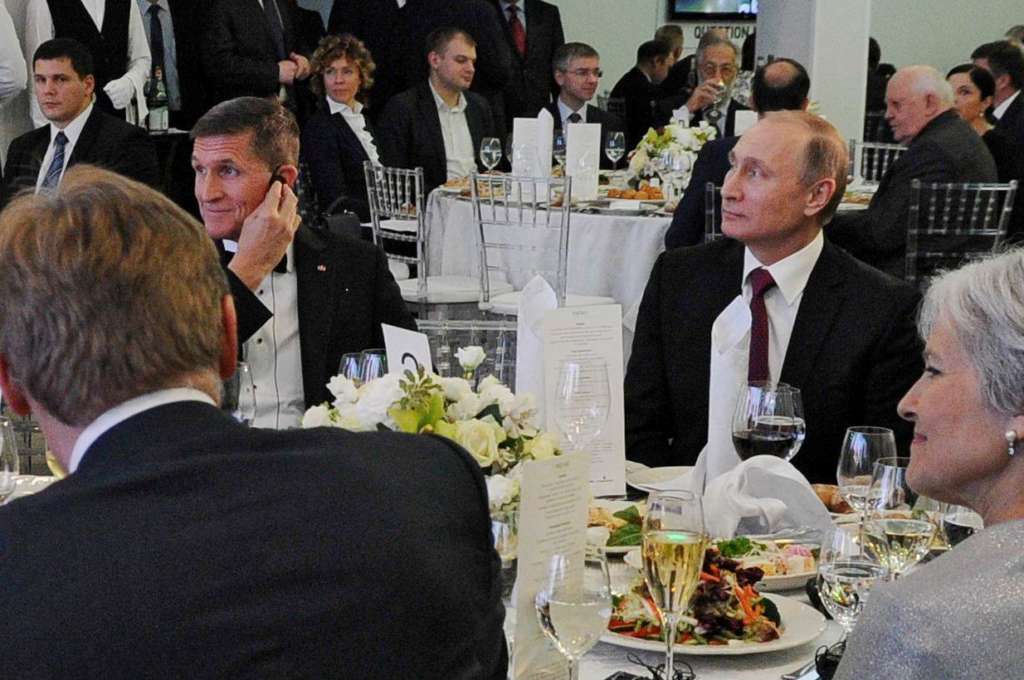Washington – Former White House national security adviser, Michael Flynn requested immunity in exchange for his testimony before a specialized committee at the US Congress investigating the presence of a link between US President Donald Trump’s presidential campaign and Russia.
In February, Flynn resigned after revelations that he had discussed US sanctions with the Russian ambassador to his country before Trump took office and misled Vice President Mike Pence about the conversations.
A senior congressional official said the investigation committee was not receptive to Flynn’s request until it uncovers the nature of information that the former national advisor is willing to offer.
Flynn’s attorney, Robert K. Kelner, said in a statement his client, “has a story to tell and he very much wants to tell it, should the circumstances permit.”
Kelner added: “No reasonable person, who has the benefit of advice from counsel, would submit to questioning in such a highly politicized witch hunt environment without assurances against unfair prosecution.”
Flynn’s request puts the White House in front of new doubts about the Russian interference in the last presidential elections.
According to the US law, Congress had the right to offer immunity to some witnesses during investigations.
Surprisingly, Flynn last September had commented on immunity requests from people with connections to Democratic Presidential candidate Hillary Clinton.
“When you are given immunity, that means you have probably committed a crime,” Flynn had said at the time.
Also, CNN news channel had repeatedly broadcasted a comment by Trump made during his presidential campaign last year when he said: “The reason they get immunity is because they did something wrong.”
Separately, Republican Senator Marco Rubio revealed in a hearing of the Senate Intelligence Committee that his campaign staffers were also targeted by hackers based in Russia.
“Former members of my presidential campaign team who had access to the internal information of my presidential campaign were targeted by IP addresses with an unknown location within Russia. That effort was unsuccessful,” Rubio told the hearing.
